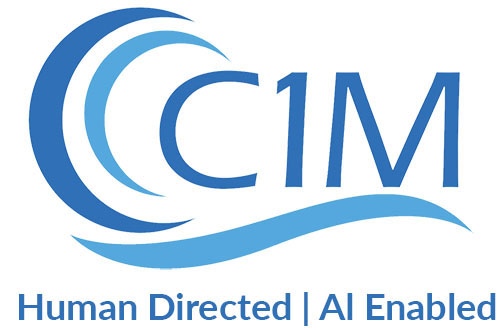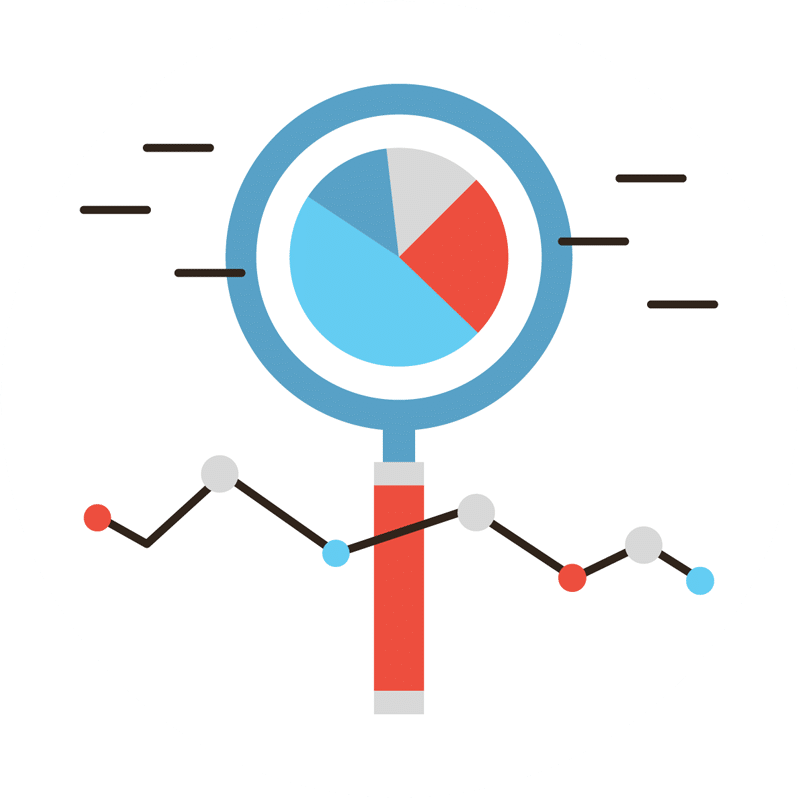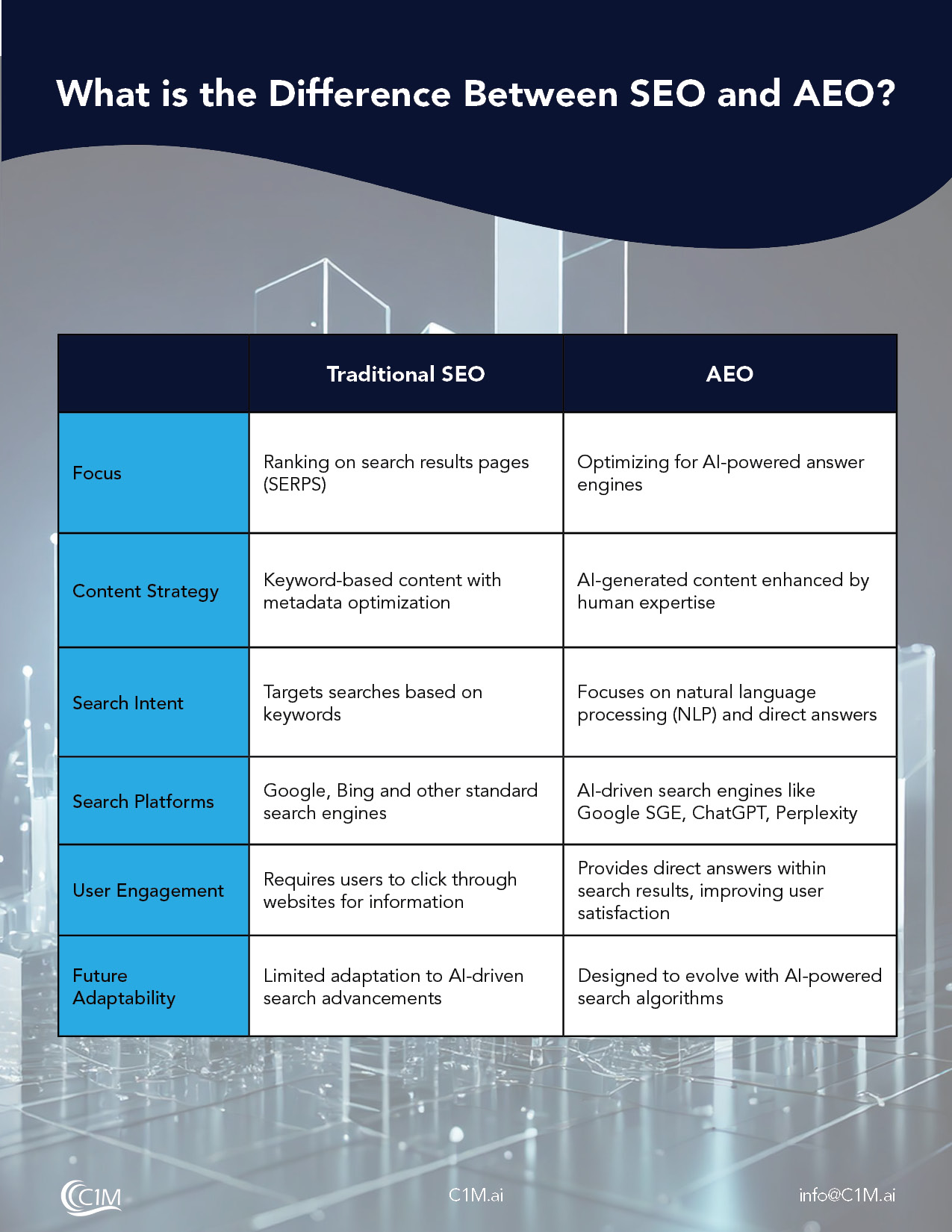
In September 2023, Google Search celebrated its 25th anniversary, and it’s pretty remarkable just how much Google has changed how people around the world find information. According to 2024 statistics, more than 90% of searches worldwide happen on Google. Additionally, the platform has more than 8.5 billion searches per day around the globe – which averages out to 99,000 search queries per second. This is why so many businesses want to know how to rank higher on Google.
As a business, getting Google’s attention is crucial. Less than 1% of users go to the second page of search results to find the information they seek. Therefore, to be relevant in the online world, you must rank high on the search engine results pages (SERPs).
However, crafting your website to align with Google’s notoriously complex and secretive algorithms can be an ever-changing challenge.
Optimizing for Google – What You Need to Know
Google completed 36 major algorithm updates in a five-year period between 2018 and 2023 alone. That is why it’s important for marketers to stay ahead of the curve to continually garner and maintain attention.
In the world of search engine rankings, a few time-tested strategies will enhance your search engine positioning. SEO (or search engine optimization) is the cornerstone of these strategies. In addition, SEO and content marketing should be the backbone of your strategy when it comes to how to rank higher on Google.
Improving SEO and developing an innovative SEO content strategy takes work, research, and many exceptional skills. That’s why an expert in website optimization services like C1M should be your first point of contact when you’re ready to propel to the top of the search results.
In the meantime, there are a few SEO and content marketing strategies you can consider and deploy now to give your website – and your business – a natural boost in Google’s search rankings.
What is SEO?
In its simplest terms, search engine optimization (SEO) is the multi-pronged process that allows websites to rank higher on search results pages, leading to more website traffic and attention from your target audience. SEO entails various factors throughout your website. Therefore, the best strategies for improving SEO employ all these tactics for optimal results.
What Components Should a Successful SEO Strategy Include to Improve Rankings?
What if your website could work harder for you while you sleep? The world of search engine optimization holds the key to transforming your online presence from a quiet corner of the internet into a top-ranking website on search engines. While the strategies we’re about to explore have proven their worth across industries, they’re only the foundation of what’s possible.
Consider this your roadmap to higher rankings and increased visibility. The key to success lies in customization, so partnering with an SEO expert can help you uncover custom tactics that resonate with your business and target audience.
Let’s explore more game-changing concepts that could propel your website to the top of the search results and keep it there!
How to Search for Keywords on Website
The first step to improving SEO is keyword research. You need to know exactly how users find businesses like yours. Without keyword research, any changes to your website and content are simply shot-in-the-dark guesses that may miss the mark.
Keyword usage
Gone are the days when website owners could simply stuff keywords into the content and hope Google would notice. You want to use your thoroughly researched keywords in your content effectively. However, it must be done strategically and naturally so that it doesn’t ring false.
Maintaining Your Website’s Health with Technical SEO Services
Technical SEO refers to the behind-the-scenes elements that an SEO analyst performs. These include factors such as your site structure and URL optimization, which significantly impact your search engine rankings. Google pays attention to how long your page loads, whether it’s optimized for mobile devices, and if it’s secure (https:// versus http://). Therefore, an extensive review must be performed to ensure these technical backbone elements are covered.
Meta Tags, descriptions, and URLs
Meta tags, descriptions, and the wording of URL addresses also significantly impact your rankings as Google scans for websites that match a user’s search query. Be sure that all your pages, blog posts, images, videos, and other content have tags and descriptions and that the URL addresses within your site make readable sense. (For example, “https://TexasCakes.com/how-to-find-the-best-wedding-cakes-in-Dallas/” versus “https://TexasCakes.com/blog-post-1234567890/”).
SEO Content Services
Once the technical aspects of your website have been accounted for, it’s time to look at improving SEO in your content. Again, this area of SEO is multi-faceted and includes (but is not limited to) the following.
Excellent, informative, authoritative writing
When it comes to SEO, the quality of your content is imperative. Ensure that all your content, from your homepage to your blog posts, is interesting, authoritative, and informative. You want to position your company as an expert on a given topic, while adding something new to the conversation. It is important to highlight that SEO is not a one-time thing. This is why the content on your website and blog posts need to be updated over time.
Headers and sub headers
Using H1 tags, H2 tags, bold tags, and labeling your articles and content into readable snippets is a great way to boost your SEO. Don’t let your content be a lengthy novel-style article on every page. Instead, include lots of headers and sub headers so that Google (and your website visitors) can quickly scan your pages for the information they need.
Links
Another great way to naturally boost your SEO is to include relative links to other websites that are also experts on a specific topic. (Bonus points if you can get outside websites to link back to your site.) You can also add internal links to other pages or blogs within your site that have relevant and corresponding information.
Updates, updates, updates
Once you start adding content, keep going! Start a blog or keep adding updates and announcements that add new topics and relevant content to your site. Your website shouldn’t be stagnant and unchanging, so continually adding blog posts and articles is a great way to maintain Google’s attention.
Mix things up
When adding your new blog posts and articles, try to alter your formats. You can have short posts of 500 words, long posts of 2,000 words or more, info graphs, video content, galleries of images, and much more. Variety goes a long way, and you’ll be able to reach different end users who like to process information in various ways.
Discover the best SEO content writing Services with C1M
Creating an SEO and content marketing strategy is not a simple task. So, the best way to ensure that any route to improving SEO is successful is to start a conversation with an expert.
Are you ready to create an effective SEO strategy for your business? We can help. Reach out to our team today. We can discuss the steps you can take now and well into the future to ensure your organization stays at the top.
Ready to rank higher on Google? Schedule your consultation today!



